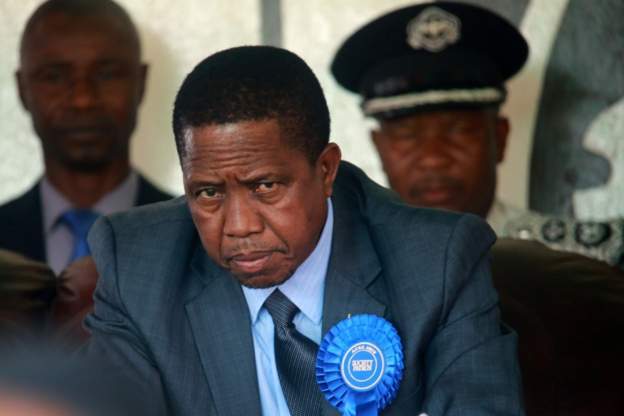The coronavirus pandemic has disrupted the business world globally, and Zambia – one of the poorest countries in the world with an accumulated foreign debt of more than $10 billion has seen a drastic drop in the price of Copper – its major export. The effect of this has put a strain on the country’s financial capacity, positioning the government in a tight situation to either continue payment to private creditors or diversify the funds to help its crippled economy.
Private lenders, however, argue that refusal to pay interest will make it difficult for poor and developing countries to secure future loans in the future. The Institute of International Finance, a trade group that represents banks and financial institutions, wrote in a letter to the G-20 on Tuesday that they are struggling to agree on the length of the extension of the moratorium as this would hurt financial markets.
Several African countries have also started negotiating relief with private lenders. Angola has told the International Monetary Fund (IMF) that it could seek respite from a larger group of creditors if oil prices fall further. Chad has asked the world’s largest commodities trader Glencore Plc and other private creditors to delay debt payments due to a global debt surge, and Kenya has said it risked debt distress as borrowing costs have risen faster than income.



































